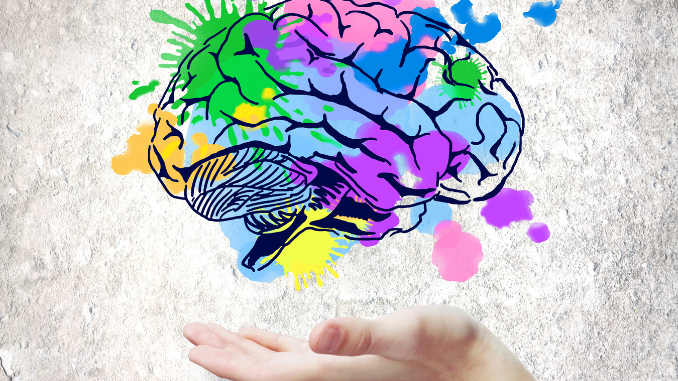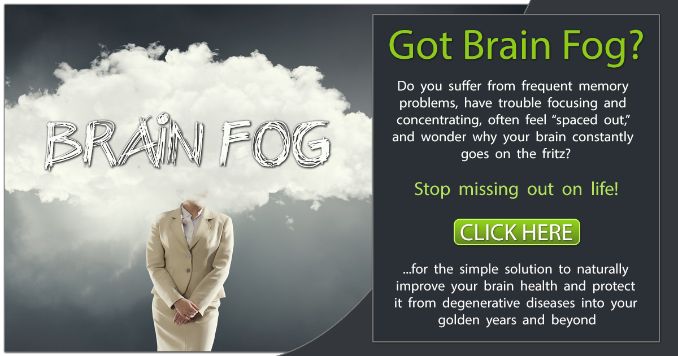In our pursuit of better health, we often seek treatments for relief. But here's a twist: healing's real magic can come from our minds—placebo vs nocebo effects. You've heard of placebos—those sugar pills? Surprisingly, they trigger healing responses. Believing in a treatment can release natural pain relief, ease anxiety, and boost immunity. Yet, there's a dark side—nocebos cause harm when expected.
This article searches these hidden powers of placebo vs nocebo. We'll reveal how they work, discuss ethics, and show how beliefs shape well-being. So, get ready to be amazed by the mind's ability to heal and trick itself.
Definition And Examples
The Placebo Effects
Placebo effects can be described as any improvement of illnesses or reduction of subjective symptoms that result from interventions possessing no known physical effects. Placebo effects are a fascinating and complex phenomenon in which individuals experience real improvements in their health or symptoms after receiving a treatment that lacks any active therapeutic substance.
Moreover, the key to the placebo effect lies in the patient's belief in the treatment's efficacy rather than any intrinsic properties of the treatment itself. This phenomenon underscores the profound influence of psychological factors, such as expectations, perceptions, and also the patient's mindset, on their subjective experience of well-being.
Additionally, the placebo effect is not merely about tricking the mind; it demonstrates the intricate interplay between psychological and physiological processes in shaping health outcomes.
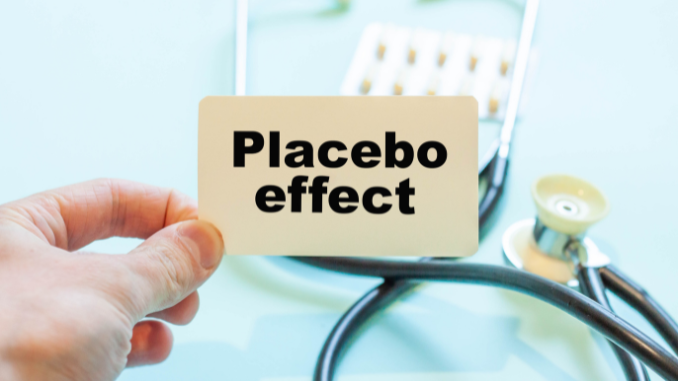
Placebo And Therapeutic Efficacy:
1. Sugar Pills
In clinical trials, using sugar pills or inert substances as placebos in the control group is a standard practice to discern the efficacy of a tested treatment. Participants in this group are unaware that they are not receiving active medication. Remarkably, some individuals within this cohort report significant relief from their symptoms.
Also, this phenomenon underscores the human mind's intriguing capacity to influence perceived health improvements. The subjective experience of relief in response to a placebo challenges researchers to disentangle the psychological factors at play. It indeed emphasizes the importance of considering the mind's role in shaping health outcomes.
2. Sham Surgeries
In certain studies involving surgical interventions, researchers incorporate a sham surgery group to explore the psychological dimensions of healing. Participants in this group undergo a simulated surgical procedure, mimicking all aspects of the authentic surgery, but without any actual physical intervention.
Surprisingly, individuals in the sham surgery group may report improvements comparable to those who undergo the genuine procedure. This also highlights the profound impact of psychological factors on the healing process and raises intriguing questions about the mind's ability to influence physiological responses, even without a real medical intervention.
3. Colored Pills
The color of a pill can substantially influence its perceived effectiveness. For instance, the association of a blue pill with calming effects may lead patients to report reduced anxiety or improved mood, even when the pill itself lacks any pharmacological activity. This example underscores the multisensory nature of medical treatments and also emphasizes how visual cues, in this case, the color of a pill, can significantly shape the psychological and physiological responses to a treatment.
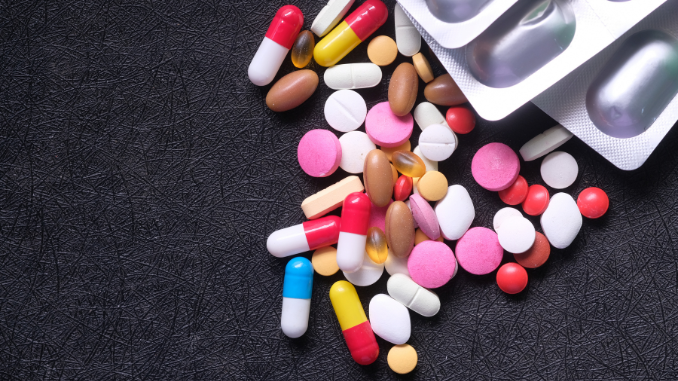
4. Branding And Packaging
The branding and packaging of a treatment play a pivotal role in shaping perceptions of its efficacy. Established and trusted brands may contribute to enhancing the placebo response. Moreover, when exposed to treatments with recognizable and reputable branding, individuals may experience more significant benefits solely due to their belief in the credibility of the treatment. This phenomenon highlights the nuanced interplay between cognitive factors and also the external context in influencing the effectiveness of medical interventions.
5. Alternative Therapies
Despite lacking rigorous scientific evidence, some alternative or complementary therapies can elicit positive responses from individuals who strongly believe in their effectiveness. This scenario underscores the subjective nature of healing and emphasizes the significant role of belief systems in shaping health outcomes.
Furthermore, the placebo effect in alternative therapies highlights the importance of understanding and respecting the patient's beliefs and preferences in the comprehensive healthcare approach. It also prompts reflection on the complex interplay between psychological factors and the efficacy of diverse healing modalities.
The placebo effects are a fascinating phenomenon that showcases the power of the mind in influencing our perception of health. It also highlights the vital of belief and expectation in treatment outcomes. It raises questions about the role of medications versus the power of our minds.
The Nocebo Effects
The nocebo effect is a psychological response in which the expectation of experiencing negative effects or harm from a treatment or intervention leads to the actual manifestation of these adverse outcomes, with nocebo effects reported. In other words, if we believe a treatment will cause harm, our bodies may respond accordingly. Moreover, the nocebo effect underscores the significant influence of psychological factors, such as negative expectations and beliefs, on the subjective experience of adverse effects.
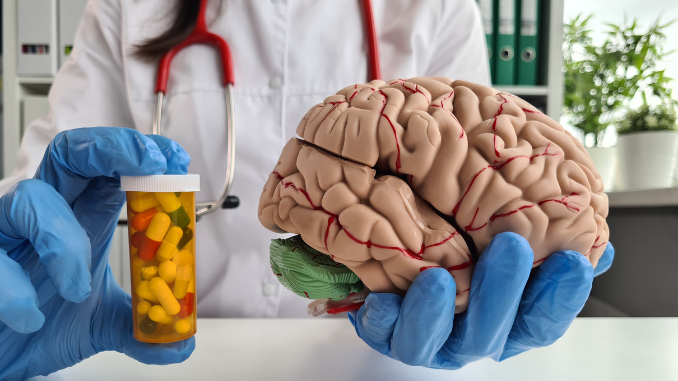
Nocebo Effect and Therapeutic Efficacy:
1. Side Effects / Medical Hexing
In clinical trials or medical settings, when patients are told about the potential side effects of a medication, some may develop or exaggerate those side effects simply due to the expectation of harm. This is indeed a common manifestation of the nocebo effect, highlighting the impact of psychological factors on the perception of treatment-related adverse events.
For instance, if a patient is told that a medication may cause dizziness or nausea, they may experience these symptoms even if they do not have these side effects.
2. Negative Expectations In Surgery
Patients undergoing surgery may experience heightened pain or prolonged recovery if they hold strong negative expectations about the procedure. The anticipation of a painful or difficult recovery can indeed contribute to the experience of increased discomfort, even when the surgical intervention itself is routine.
3. Psychosocial Impact Of Medical Labels
The way a medical condition is labeled or diagnosed can influence the patient's perception of their health. For example, if a person is given a diagnosis with a bleak prognosis, they may experience increased distress and a worsening of symptoms due to the negative expectations associated with the diagnosis, showcasing the psychosocial dimensions of the nocebo effect.

4. Adverse Reactions To Placebos
In some cases, when patients are administered a placebo but are led to believe it is a potent medication with potential side effects, they may experience symptoms akin to the expected adverse effects. This also illustrates how the mind's anticipation of harm can generate physiological responses without any active therapeutic substance.
5. Negative Framing Of Medical Information
How medical information is presented can influence the likelihood of the nocebo effect. If healthcare providers emphasize the potential for discomfort or negative outcomes without balancing the information with positive aspects, patients may be more prone to experiencing adverse effects due to negative expectations.
Some experts state that the nocebo effect may impact clinical outcomes more than the placebo effect, as negative beliefs are formed much faster than positive ones.
Moreover, understanding the nocebo effect is crucial in medical practice, as it highlights the need for clear and balanced communication between healthcare providers and patients. Recognizing the impact of negative expectations can contribute to more effective and patient-centered care.
The Power Of Belief: How Placebo Vs Nocebo Effects Influence Our Perception Of Health
Belief is a potent force in shaping how we perceive our health and the outcomes of various treatments. Whether fostering confidence in a treatment's efficacy or harboring fears of potential harm, our thoughts and beliefs exert a remarkable influence on our general wellness. So, let's dive into how placebo vs nocebo influences our perception of health.

Placebo Effect: A Testament To Positive Beliefs And Expectations
1. Endorphin Release and Symptom Reduction
The placebo effect serves as a testament to the positive impact of belief. When individuals believe a treatment will be effective, their brains release endorphins, natural painkillers known to alleviate discomfort and enhance mood. This neurochemical cascade certainly reduces symptoms, providing tangible evidence of the mind's positive influence on well-being.
2. Activation of Reward Centers
Beyond endorphin release, the placebo effect activates various brain regions associated with reward, motivation, and pleasure. This activation further amplifies the positive effects of belief, creating a neurobiological synergy that contributes to an overall sense of well-being.
3. Mind-Body Connection
The placebo effect underscores the intricate mind-body connection, demonstrating that positive beliefs can produce tangible physiological responses. This phenomenon challenges traditional distinctions between mental health as well as physical health, emphasizing the holistic nature of well-being.

Nocebo Effect: The Dark Side Of Negative Beliefs And Expectations
1. Manifestation Of Physical Symptoms
Conversely, the nocebo effect illuminates the dark side of negative beliefs and expectations. When individuals anticipate harm or adverse effects from treatment, their bodies can respond with the actual manifestation of physical symptoms. This negative response contributes to a worsening of symptoms, also creating a self-fulfilling prophecy of negative treatment outcomes.
2. Psychological Impact
The nocebo effect goes beyond physical manifestations, affecting the psyche by fostering a negative perception of treatment outcomes. Negative beliefs can also influence how individuals experience and interpret symptoms, contributing to a cycle of heightened distress and dissatisfaction with the chosen treatment.
Beliefs Impact On Treatment Efficacy: Beyond Placebo Alone
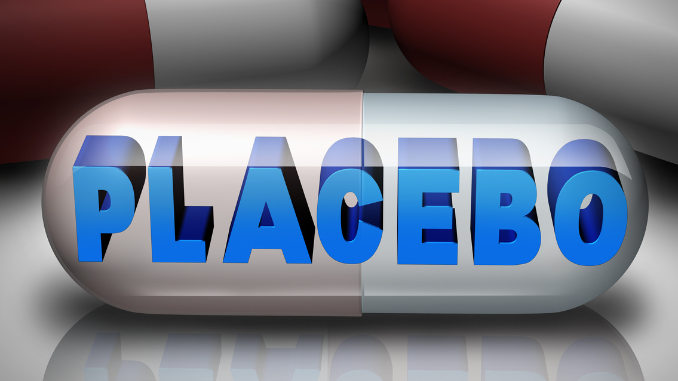
1. Enhanced Medication Effectiveness
The influence of belief extends to the effectiveness of medications and treatments. Studies indicate that the mere belief in receiving an active medication can enhance its effectiveness, even if the medication is inert or administered in a lower dosage. Furthermore, this phenomenon underscores the profound reach of the mind's influence on treatment outcomes, surpassing the boundaries of the traditional placebo effect.
2. Optimizing Treatment Outcomes
Recognizing the power of belief is paramount in healthcare. By understanding the dynamics of positive beliefs and mitigating the impact of negative expectations, healthcare professionals can optimize treatment outcomes. Also, transparent communication, fostering positive expectations, and aligning treatment plans with patient beliefs contribute to a more effective and patient-centered healthcare approach.
3. Improving Patient Satisfaction
Harnessing the positive aspects of belief enhances treatment efficacy and improves patient satisfaction. When healthcare providers acknowledge and address the psychological dimensions of belief, they create a collaborative and supportive healthcare environment that positively impacts patient well-being.
In essence, the power of belief transcends the boundaries of the mind, shaping our experiences of health and the outcomes of medical interventions. Understanding and harnessing this power opens new avenues for optimizing healthcare delivery, emphasizing the integral role of belief in the intricate tapestry of human well-being.
The Science Behind Placebos: Understanding The Mechanisms At Play
The placebo effect, a captivating phenomenon, unravels the complex interplay between biological and psychological mechanisms, shedding light on the profound impact of belief on human health. Probing into the mechanisms at play provides a comprehensive understanding of how placebos influence the mind and body, offering insights into personalized medicine and also ethical considerations.
Psychological Mechanisms
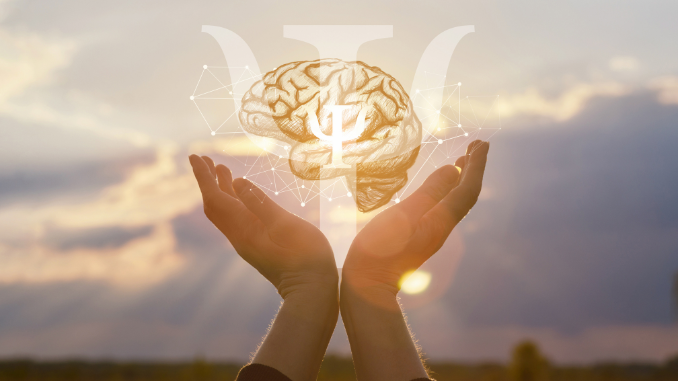
A. Expectation And Conditioning
Central to the placebo effect is the power of expectation. When individuals believe in the efficacy of a treatment, their mind initiates anticipatory responses. Through conditioning, repeated positive experiences strengthen the association between belief and positive outcomes, shaping the placebo response over time.
B. Endorphin Release
Positive beliefs trigger the release of endorphins, the body's natural opioids. Endorphins act as potent painkillers and mood enhancers, influencing the perception of symptoms. This neurochemical aspect underscores the psychological impact of belief and also contributes to the sustained effects of the placebo.
C. Activation Of Reward Pathways
Belief in a treatment's effectiveness activates reward pathways in the brain, particularly the nucleus accumbent. This activation reinforces positive expectations, creating a feedback loop that enhances the perceived benefits of the treatment. Understanding these reward pathways is crucial in unraveling the psychological dimensions of the placebo response.
Biological Mechanisms
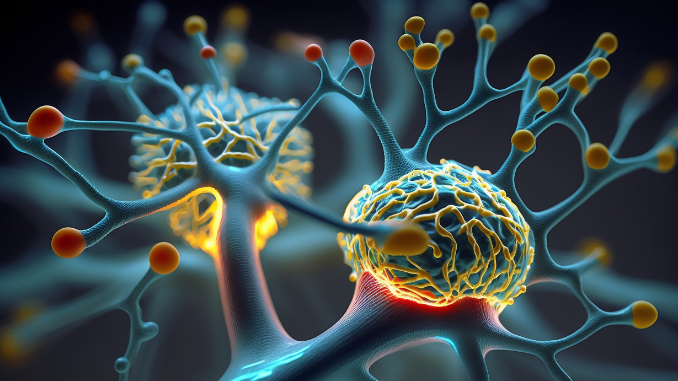
A. Neurotransmitter Modulation
Placebos influence neurotransmitter activity, including dopamine and serotonin. These changes modulate mood, pain perception, and emotional well-being. Exploring neurotransmitter modulation sheds light on the biological underpinnings of the placebo effect and its impact on mental health.
B. Immune System Activation
Positive beliefs stimulate the immune system, leading to increased production of immune cells and heightened immune responses. The bidirectional communication between the mind and the immune system illustrates the influence of psychological factors on immunological function, connecting the placebo effect to broader health outcomes.
C. Neuroplasticity
The placebo effect is associated with neuroplasticity changes in the brain. Positive beliefs lead to structural adaptations, influencing neuronal connections and shaping how the brain processes health-related information. Understanding neuroplasticity contributes to insights into the long-term effects of the placebo response.
Understanding the psychological and biological mechanisms of the placebo effect enriches scientific inquiry, offering keywords such as personalized medicine, neuroplasticity, and ethical considerations. Moreover, this multifaceted understanding holds the potential to revolutionize healthcare delivery and redefine the boundaries of mind-body interactions in health and healing.
The Mind-Body Connection: Exploring The Relationship between Perception and Physical Health
The mind-body connection is the complex relationship between our mental and physical states. Our thoughts, beliefs, and emotions can profoundly impact our physical health and vice versa. The placebo vs nocebo effects provide compelling evidence of this connection.

1. Placebo Effect: Shaping Positive Experiences
The placebo effect vividly illustrates how our beliefs and expectations can mold our physical experiences. When we wholeheartedly believe in the effectiveness of a treatment, our minds set in motion a cascade of physiological responses that contribute to healing and overall well-being. The mind emerges as a potent modulator, impacting pain perception, stress responses, and immune function, shaping our holistic health outcomes.
Additionally, believing in a treatment's efficacy can trigger the release of endorphins, the body's natural painkillers, fostering a sense of well-being. The mind's influence extends beyond mere perception and actively mediates stress and immune responses. This recognition underscores the pivotal role of the mind in steering our health toward positive outcomes.
2. Nocebo Effects: Unraveling The Impact Of Negative Beliefs
Conversely, the nocebo effect brings to light the adverse consequences of negative beliefs and expectations. Anticipating harm or negative outcomes can act as a catalyst for stress responses, amplifying symptoms and ultimately leading to a decline in well-being. When infused with negative expectations, the mind becomes a formidable force in generating physiological responses that detrimentally impact our health.
Also, the nocebo effect emphasizes the intricate connection between our mental states and physical manifestations, reinforcing the understanding that our thoughts hold the power to shape the trajectory of our well-being.
3. Beyond Placebo Vs Nocebo Effects: A Holistic Perspective
The mind-body connection transcends the realms of the placebo vs nocebo effects alone. It extends to various facets of our lives, encompassing stress management, emotional well-being, and lifestyle choices. Also, recognizing and harnessing this connection opens avenues for optimizing health outcomes and elevating overall quality of life.
By recognizing the interdependence of mental and physical well-being, individuals can actively engage in practices that promote a positive mind-body connection. Stress reduction techniques, cultivating emotional resilience, and also making mindful lifestyle choices become integral components of a holistic approach to health. Through this holistic lens, individuals can navigate the intricate dance between mind and body, fostering well-being and vitality in their journey toward optimal health.
Harnessing The Placebo Effect: Strategies For Optimizing Health Outcomes
Understanding the placebo effect opens up new possibilities for optimizing health outcomes and improving patient well-being. By harnessing the power of belief, healthcare professionals can enhance the effectiveness of treatments and support patients in their healing journey.
Here are some strategies for harnessing the placebo effect:
1. Open And honest communication
Healthcare specialists should discuss treatments' potential benefits and limitations with patients. By explaining the placebo effect and its role in treatment outcomes. So, patients can better understand the mind's influence on their health.
2. Positive Framing And Expectation Setting
Healthcare professionals should focus on framing treatments in a positive light and setting positive expectations. Emphasizing the potential benefits and instilling confidence in the treatment can enhance the placebo effect and also promote positive outcomes.
3. Patient-Centered Care
Tailoring treatments to individual patients' beliefs and preferences can enhance the placebo effect. By involving patients in decision-making and considering their unique needs, healthcare professionals can create a supportive environment that maximizes the placebo effect.
4. Integrative Approaches
Combining evidence-based treatments with placebo interventions can optimize health outcomes. Integrative approaches incorporating traditional therapies and the power of belief can provide a comprehensive and holistic approach to healing.
5. Mindfulness And Relaxation Techniques
Practices such as relaxation techniques, mindfulness meditation, and deep breathing exercises can enhance the mind-body connection and promote a positive healing environment. These practices can reduce stress, promote well-being, and enhance the placebo effect.
Furthermore, harnessing the placebo effect requires a balanced and evidence-based approach. By integrating these strategies into healthcare practice, healthcare professionals can optimize treatment outcomes and support patients' health journeys.
The Role Of Placebo Vs Nocebo Effects In Clinical Trials And Healthcare
Placebos play a valuable role in clinical trials and healthcare, helping researchers and healthcare professionals understand the effectiveness of treatments and the mind's influence on health outcomes. They serve as a control group against which the efficacy of new treatments can be compared.

In Clinical Trials:
In randomized clinical trials, placebo treatments assess drug efficacy in a clinical setting. Researchers use placebos to distinguish whether the observed effects of a drug are genuinely due to its therapeutic properties or if they are merely the result of the placebo effect. This is important for ensuring that clinical practice is based on reliable evidence.
In these trials, a group of patients taking placebos and a group receiving the actual drug are monitored and compared. This comparison helps determine if the drug's benefits are real or result from patients' expectations, leading to nonspecific medication side effects.
The use of placebos alongside active treatments, as demonstrated by C et al. (the authors of the study), provides a benchmark against which drug efficacy can be evaluated, helping to establish the true impact of the treatment.
In Healthcare Practice:
The placebo effect can also be harnessed to enhance treatment outcomes. By recognizing and utilizing the mind's potential in healing, healthcare professionals can optimize treatment plans and improve patient well-being. However, ethical considerations must always be taken into account.
Ethical Considerations In Placebo Research And Practice
Research and implementing placebo interventions in healthcare raises important ethical considerations that require thoughtful examination. Balancing the potential benefits of placebos with ethical standards is crucial to ensure the well-being and trust of the individuals involved.
Here are key ethical considerations in placebo research and practice:

1. Informed Consent
Transparency and Information: Full disclosure about the use of placebos, their inert nature, and the potential psychological effects is essential. Participants must be provided with comprehensive information to make informed decisions about their participation.
2. Deception And Honesty
Balancing Act: Using placebos often involves a level of deception, which can be ethically challenging. Researchers must weigh the necessity of deception against the ethical principle of honesty. Striking a balance that minimizes deception while preserving scientific rigor is crucial.
3. Clinical Necessity
Justification for Use: Placebos should only be employed with a clear scientific or clinical justification. Using placebos without a valid rationale raises ethical concerns, as it may expose individuals to unnecessary risks or compromise their access to effective treatments.
4. Patient Autonomy
Respecting Choices: Respecting the autonomy of patients is paramount. Individuals have the right to refuse placebo interventions and should be offered alternative treatment options. Coercion or manipulation undermines this autonomy and is ethically unacceptable.
5. Minimizing Harm
Do No Harm: Ethical practice demands a commitment to minimizing harm. Researchers and practitioners must consider potential psychological and physical harms associated with the use of placebos and take measures to mitigate these risks.
6. Equitable Access To Treatment
Fair Distribution: Ensuring equitable access to effective treatments is a fundamental ethical consideration. The use of placebos should not disproportionately affect vulnerable or marginalized populations, and efforts should be made to guarantee fair and unbiased distribution.
7. Ethical Review Boards
Independent Oversight: Placebo research should undergo thorough ethical review by independent review boards. These boards are crucial in evaluating the ethical soundness of research protocols and ensuring that the rights and well-being of participants are prioritized.
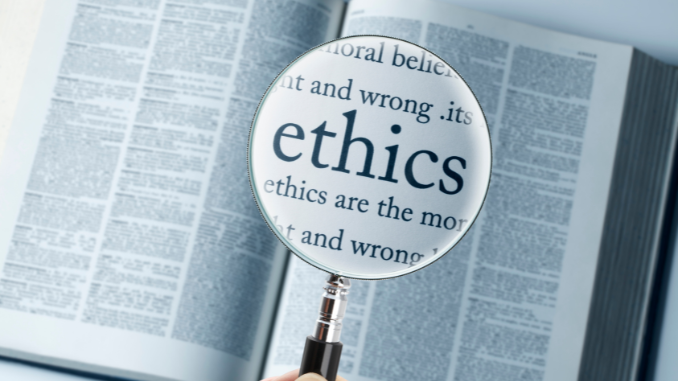
8. Post-Trial Access
Continuity of Care: Ethical responsibility extends beyond the trial period. Participants who were administered placebos should be provided with appropriate follow-up care and, when applicable, access to effective treatments once the trial concludes.
9. Advancing Knowledge
Scientific Integrity: Ethical placebo vs nocebo research should contribute to advancing scientific knowledge. Rigorous methodologies and transparent reporting are essential to maintain the integrity of the research process.
Adherence to ethical principles is foundational in navigating the complex terrain of placebo vs nocebo research and practice. The ethical framework for placebo-related endeavors in healthcare comprises upholding the rights and well-being of participants, ensuring transparency, and conducting research that contributes ethically and scientifically to medical knowledge.
Conclusion
The placebo vs nocebo effects illuminate the profound impact of our minds on health perception. Belief, expectation, and the mind-body connection are pivotal factors influencing well-being. Understanding these effects enables harnessing the mind's potential in healthcare by optimizing patient-provider relationships, educating about placebos, and integrating complementary therapies.
While ethical considerations guide placebos vs nocebo, studying them offers valuable insights into the mind's influence on health. Embracing the power of belief unlocks hidden potential, paving the way for a more integrated and effective approach to overall well-being.
Are You Already Experiencing Alarming Symptoms of Declining Brain Health? Don't wait until it is too late! Take control of your brain health now with the 14-Day Brain Health Quick Start Program!

